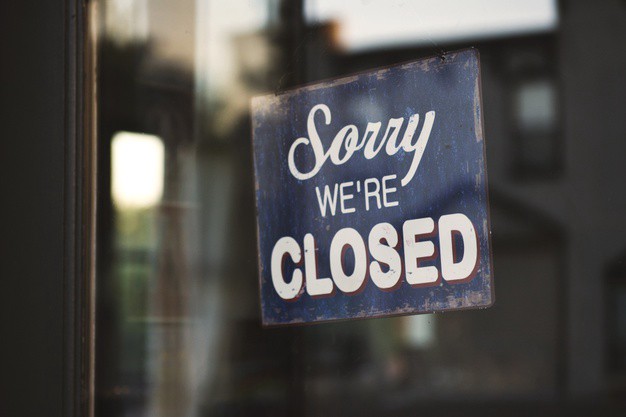
The U.S. Small Business Administration (SBA) announced the closure of the Restaurant Revitalization Fund (RRF) after awarding the program’s full $28.6 billion appropriation to more than 100,000 restaurants, bars, and other businesses that provide on-site food and drink.
Congress created the RRF to provide relief to a sector of the economy especially hard-hit by government-imposed shutdowns and other restrictions related to the COVID-19 pandemic. Demand for the funds far outstripped the supply, with restaurants and other eligible businesses submitting more than 278,000 applications seeking more than $72.2 billion in funding, as of June 30, the SBA said in a news release issued July 2.
Most of those applications were submitted in the first few days after the RRF application window opened May 3. Less than 10 days after the RRF’s launch, the SBA reported that it had received requests for more than twice the $28.6 billion Congress provided for grants.
At that time, the program looked likely to provide the vast majority of its funding to eligible businesses owned by women, veterans, and socially and economically disadvantaged individuals. The American Rescue Plan Act, P.L. 117-2, which created the RRF, mandated that those businesses, which submitted 147,000 applications totaling $29 billion in the program’s opening days, receive priority review for the first 21 days of the program.
The priority policy was challenged with lawsuits alleging that the policy discriminated against white men. Several judges ruled in favor of those claims, leading the SBA to stop processing applications from members of prioritized groups and to rescind some approvals already made. So while more than 60% of all applications were denied funding, thousands of restaurant owners had the SBA approve their applications only to be notified that they would not receive the funding.
In the end, restaurants and other eligible businesses owned by members of prioritized groups received about $18 billion in grants, broken down as follows:
- Women-owned businesses, $7.5 billion
- Veteran-owned businesses, $1 billion
- Social and economically disadvantaged-owned businesses, $6.7 billion
- Businesses owned by representatives of multiple underserved populations, $2.8 billion
The remainder of the $28.6 billion was awarded to eligible applicants not identified as part of an underserved group, the SBA said.
The average size of grant awards was $283,000, broken down as follows:
- $50,000 and under, 2.2%
- $50,000–$100,000, 4.9%
- $100,000–$150,000, 5.6%
- $150,000–$350,000, 21.2%
- $350,000–$1 million, 27.2%
- $1 million–$2 million, 16.4%
- $2 million–$5 million, 18%
- $5 million–$10 million, 4.6%
Under the RRF, food and beverage providers could apply for grants equal to their pandemic-related revenue loss, up to $10 million per business and no more than $5 million per physical location. The funds could be used for eligible expenses, such as payroll and rent.
The SBA said it would keep the RRF application platform open until July 14 to allow applicants to check their status, address payment corrections, or ask questions.


